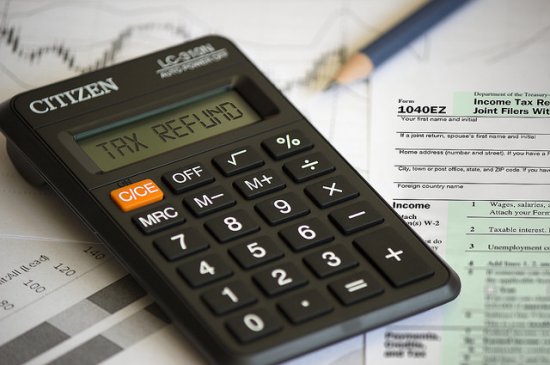
First, North Carolina bankruptcy laws set certain exemptions that you can use to protect your assets, including your income tax refund. If you haven't yet used your wildcard exemption, that's $5,000 you can use to protect a sizeable check from the IRS. It's important to think ahead about your bankruptcy exemptions and plan with your attorney to allocate these wisely to best protect your assets.
Second, if you know you need to use all of your exemptions to protect other assets and can't use them to protect your IRS refund – or if your refund check will be so large the wildcard won't cover it, you can wait to file bankruptcy after you get the funds. In this case, the money will need to go to pay living expenses or buy non-luxury items. You can also use them to pay for your bankruptcy fees.
Third, if you're planning on filing Chapter 13 instead of a Chapter 7, you should be able to hang onto the refund, with your Trustee's permission, so long as the money is calculated into your Chapter 13 repayment plan. This is something to discuss with your NC bankruptcy attorney. When you come in for your initial bankruptcy consultation, let your attorney know you're anticipating a refund.
Fourth, if part of your refund is Earned Income Credit (EIC), that portion should be 100% exempt if your bankruptcy attorney follows specific procedures to request that it be fully exempted. This is why it's important that you choose your bankruptcy attorney wisely. You want an attorney that is a bankruptcy expert rather than a general firm that takes on all types of cases.
Your bankruptcy attorney can best help you if you are 100% forthcoming about your assets, your income and any money you're expecting that's out of the ordinary – like your tax refund. Without complete disclosure, you'll handicap your attorney's ability to give you the best advice. It is your attorney's job to help you protect your assets and get the most complete debt relief possible within the limits of the law.
It's also important to remember that getting a tax refund isn't a gift from the government – it's a return of your money that you overpaid into the IRS coffers all eyar long. Think about it this way – would you overpay your utility bills to get a lump sum back a year later? Would you overpay your mortgage and house note for a whole year?
Rather than paying excess taxes, that's money that could be in your savings account earning you interest or used to pay down high interest credit card debt. The bottom line is that it's your money and should be in your pocket. Adjusting your payroll tax withholdings can help you pay just enough in taxes to where you only have to write the government a small check or get back a small refund.
